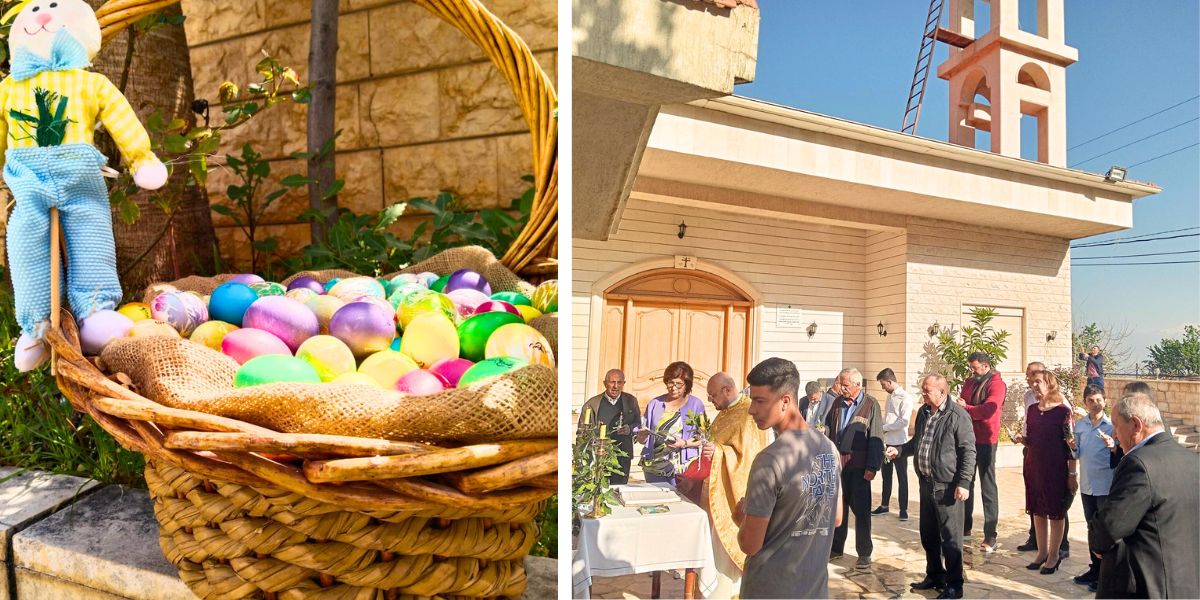Hours ahead of the new year’s arrival, Lebanon’s Internal Security Forces (ISF) released a video warning citizens not to engage in the deadly habit of celebratory gunfire on New Year’s Eve.
The video, titled “Don’t be a cause of stopping a pulse,” was posted on the ISF’s social media on Thursday evening.
It conveys a warning against celebratory gunfire and presents statistics about its dangers it presents to public safety.
Since 2017, random bullets have killed 28 people and injured 164 others in Lebanon, the video revealed. During the same period, 786 individuals have been apprehended in relation to random gunfire incidents.
The ISF said this week that it would raise its personnel’s readiness level to 100% on New Year’s Eve and tighten security measures to ensure the safety of citizens across Lebanon during the awaited event.
“We have raised the rate of readiness for tomorrow night to one hundred percent, and we will focus especially on public roads and in the vicinity of nightlife locations, in addition to the undercover personnel to maintain citizens’ security,” the head of the ISF’s Public Relations Division, Colonel Joseph Musallem, told MTV on Wednesday.
Security forces are taking extra security measures near tourism and leisure sites, in addition to commercial and economic institutions and places of worship, while also regulating traffic to reduce jams.
The ISF said in a recent statement that its members would conduct more reconnaissance missions to prevent any breaches of security.
It also urged people to wear face masks during transportation and to maintain social distancing, while respecting the limited capacity in restaurants, pubs, clubs, and other nightlife sites, as per Lebanon’s coronavirus (COVID-19) mitigation measures.
Citizens were additionally urged not to drive under the influence of alcohol and to drive safely and within specified speed limits.
People who witness cases of celebratory gunfire should not hesitate to report them to the authorities, either by dialing 112 or via the ISF’s website or social media accounts – as long as there is evidence (video or photo) to support the online complaint.
















